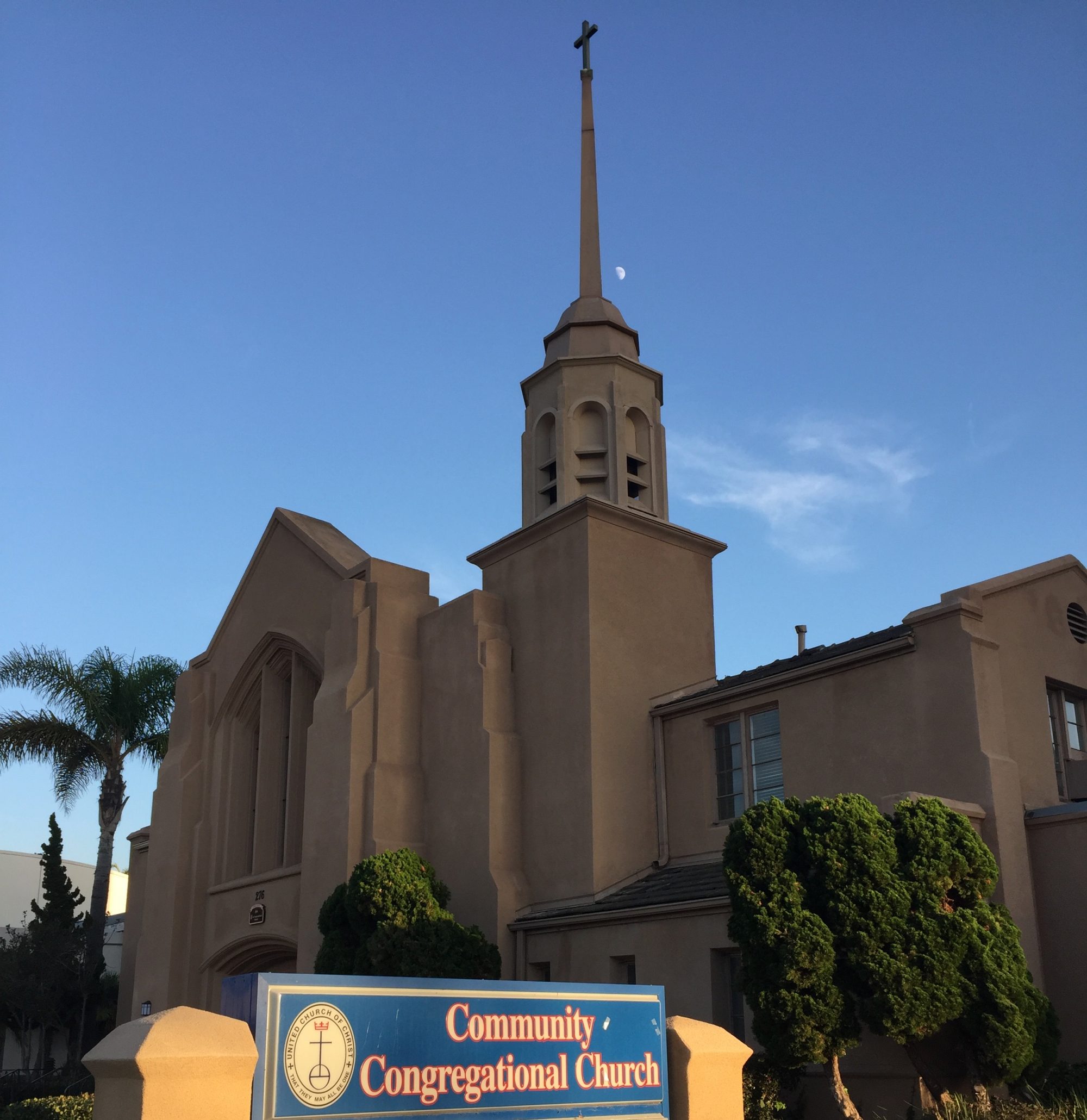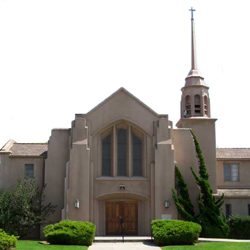Sermon: Beatitudes For Today
February 17, 2019
Text is Luke 6:17-31
Sixth Sunday of Epiphany
Rev. Elizabeth Aguilar
We are still in the season of Epiphany, when the church still celebrates the many ways God reveals Himself to the world; both in scripture, in history and in our own lives, today.
You may have recognized this text as they are so close to the famous Sermon on the Mount scripture portion found in Matthew, but it is not the Sermon on the Mount. This is called the Sermon on the Plain. Luke’s version is shorter than Mathew’s and the setting is not on a mountain but down below, signifying Jesus’s desire to be on the same level as his followers.
And when this story takes place is notable as well. It is still early on in Jesus’s ministry but by now he has made a name for himself. We read that he is known and large crowds have followed him. Could we say, that he has reached “celebrity status” by now?
Speaking of celebrities- do any of you watch annual award shows? Maybe some of you are genuinely interested in who won best song of the year or who will win best actor, director, picture… Or pershaps some of you might tune in just to see what these celebrities are wearing?
Whatever your motivation is watch or at least read the news article the next day that high-lights the winners; one thing we can agree on is that what these folks have in common is their celebrity. They are famous.
Well, Jesus did not have the expensive clothes or pubicity but we get these sense that by now, when this story occurs, he is well known. We read that he is so well known that people from all over- not just Gentiles are following Him. They want so much to be healed and to be blessed by him that they just try to touch Him, even.
We get the idea. Jesus is popular.
But, notice what Jesus decides to teach about. It isn’t about being popular or being powerful is it? No, in fact this whole discourse is a reversal of fortunes from the rich to the poor, the powerful to the powerless, the full to the empty.
We can actually say that this portion is not an easy one to read. It isn’t as poetic as the Sermon on the Mount, is, either. It is full of not just blessings but of woes. We can call these woes- warnings. For they are not the kind of woes where we think, “woe is us, something bad is happening and I need God’s help.” No, these woes are more like warning, as in “be careful not to do x or y will happen.”
Let’s be honest, we don’t like these kind of texts, do we? We like meek and mild Jesus. We like Jesus when he is healing and when he is calling others to follow Him and even when he is reminding his followers of how they are to treat one another. But this kind of discourse- this is hard. For we do not just see a Jesus in Luke’s Gospel that is only focusing on the good in others but a Jesus that is naming a truth that we do not like to confront. This Jesus of Luke is a Jesus that some liberation theologians say, preached a “preferential treatment for the poor.” That is, that Jesus lifts up the real hardships of people and exposes the rich and powerful for the ways in which they take advantage of the poor.
As Jesus’s popularity grows, of course, we see that His enemies grow too. In fact, in just a few weeks we will enter into the time of Lent where we will look at the ways in which his enemies begin to plan and connive to eventually kill and attempt to destroy Him. His light was too big. They had to snuff it out somehow.
But, here, Jesus is still liked and yet He took the risk to speak these very hard words. Words that surely would not have been received very well by everyone- anyone who WASN’T poor and powerful, that is.
But what are we to make of it? What do we do when we confront scripture passages that make us feel uncomfortable or confused? When we see a Jesus that is not so meek and mild, for instance?
What do we do when we are confronted with our own behavior?
Well, I can not answer those questions for you. For the spiritual walk of the Disciple is done in community but each individual must come to their own conclusion.
This sermon does not have a lot of answers for you. But it does have good news- which is that Jesus meets us with our questions and calls us to not only look at our own behavior and our own priorities- whether we share our resources with others or not. Whether we treat others with love and respect or not. But Jesus helps us to acknowledge ourselves in light of His truth and His teachings and then gives us opportunities to make changes if needed.
A good friend recently came to visit me. She and her husband. The husband had never really spoke to o me about his faith walk but we found ourselves talking about it since he is about to get baptized. I was curious to know why he was doing so as an adult and what made him feel that this was the time.
Before he could answer that question he spoke about what his theological dilemmas were while he was a youth and why had had put off making a decision to follow Christ because of those theological dilemmas.
He said that the problem he had had for many years was that he was confused with what he saw as a very vengeful God in the Hebrew Scriptures and a very loving God in the New Testament. Later he said he learned through Bible study and “remaining open” is that we have many facets of God in both the Hebrew Scriptures and the New Testament. The God of consequences and warnings is not about condemning us but about growing us into the disciples that He wants us to be. The Jesus of the New Testament isn’t just the sweet baby i the manger but is also the man who had very hard things to say to His followers.
The conversation I had with my friend’s husband and this difficult scripture made me think that although we might not always like what scripture says it is there for us to study, to contemplate and to reflect upon in order so that we may grow in our own faith. It is the living word, not just words written for communities long ago but for today as well.
That is the God we worship and we serve. The God that lovingly brings up a mirror to us so that we can look at our own actions and behaviors but then also walks alongside of us waiting, prompting, pushing, but always pouring His grace in us.

